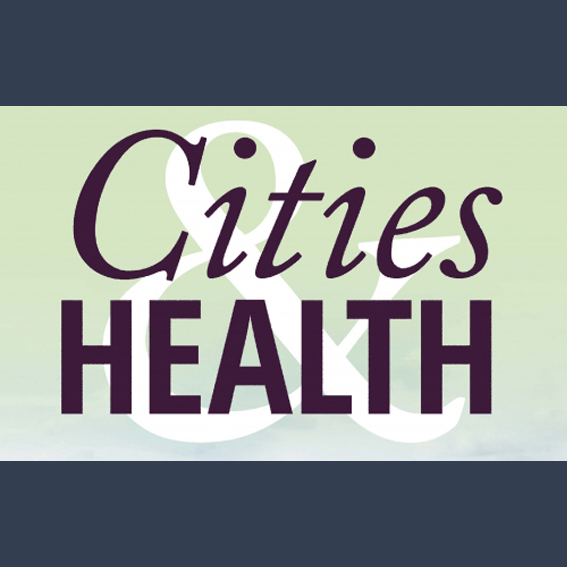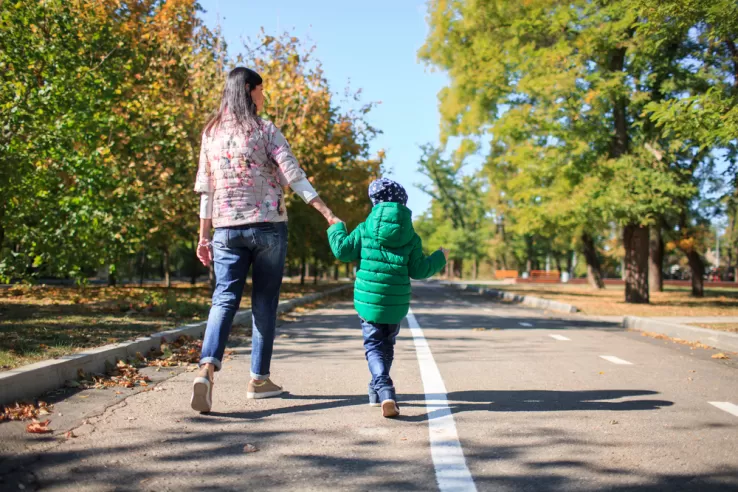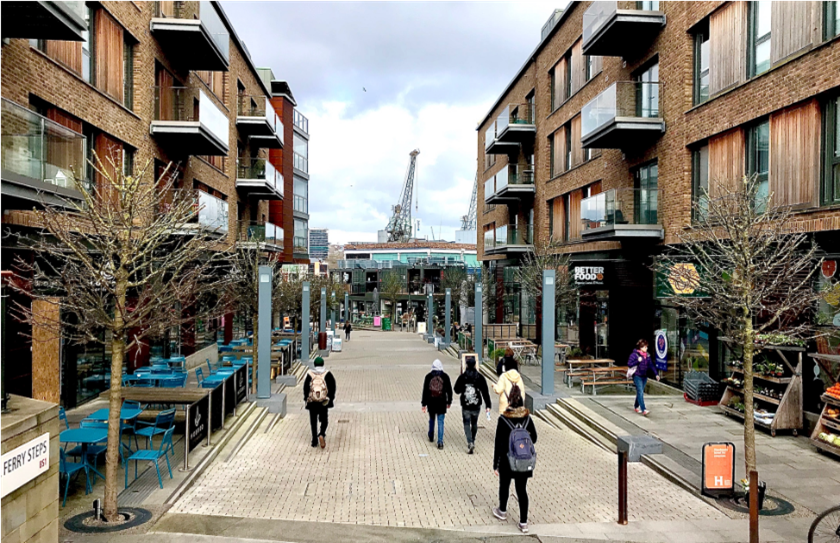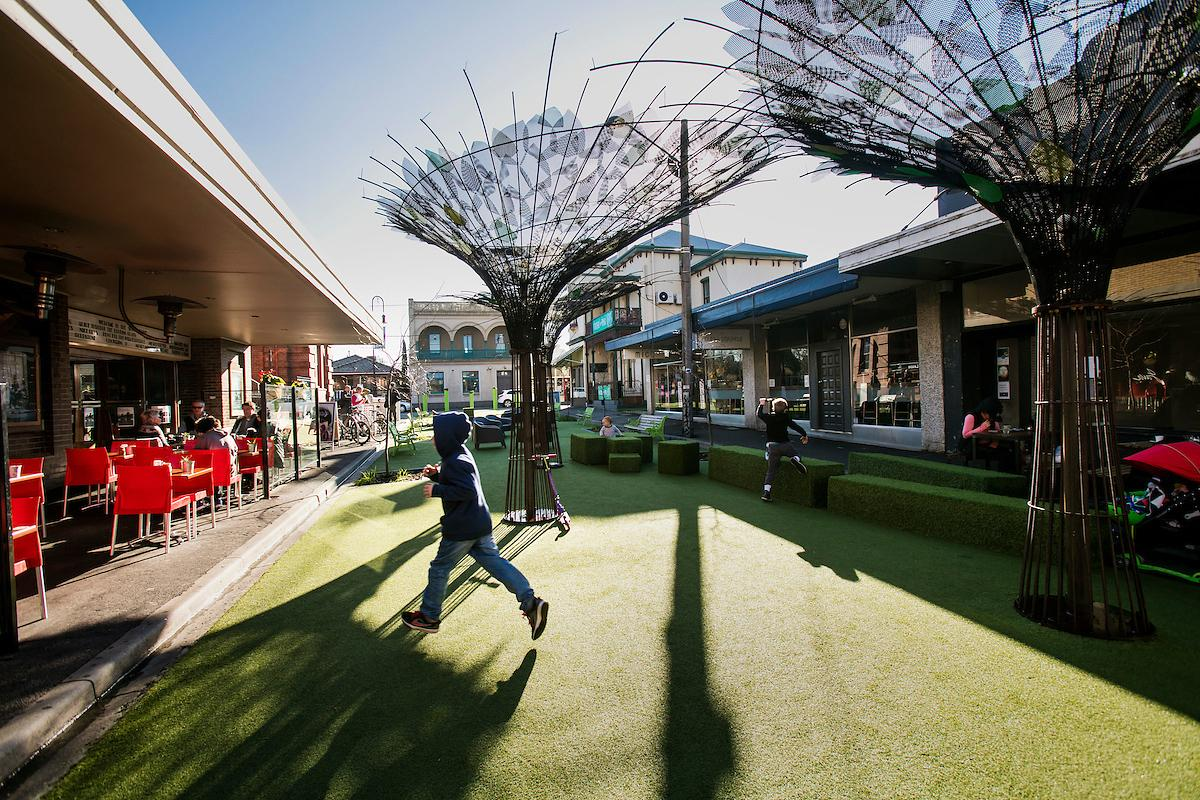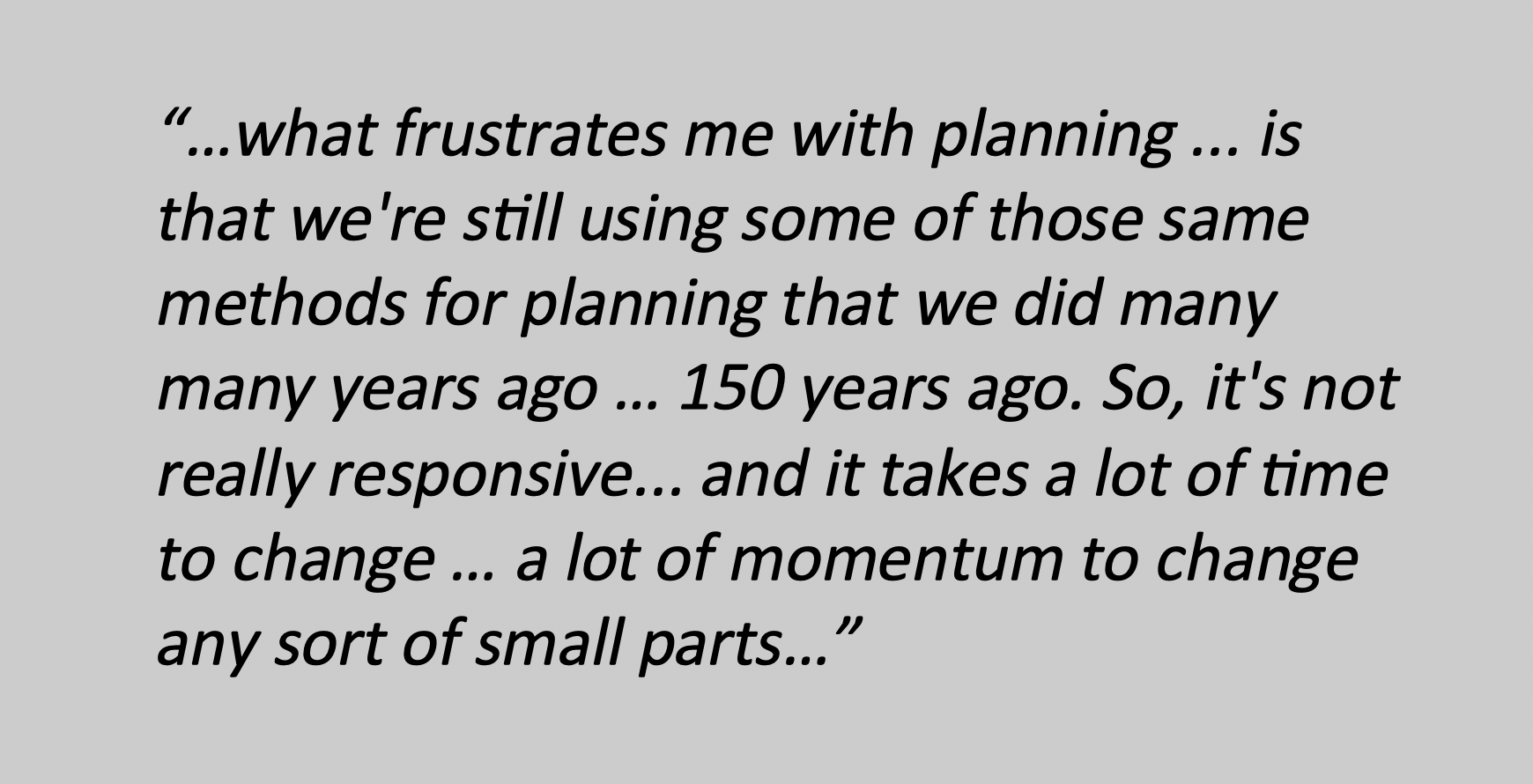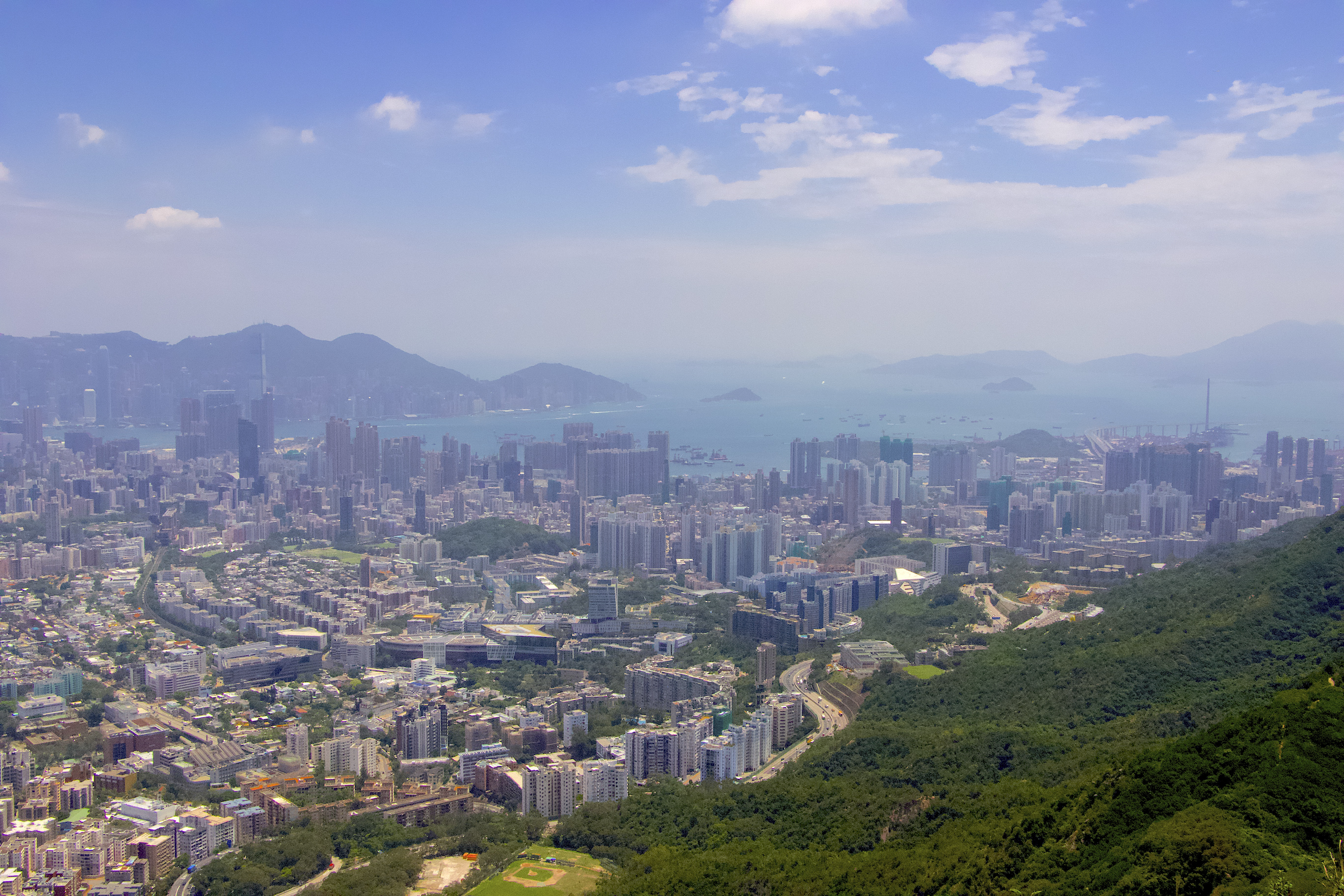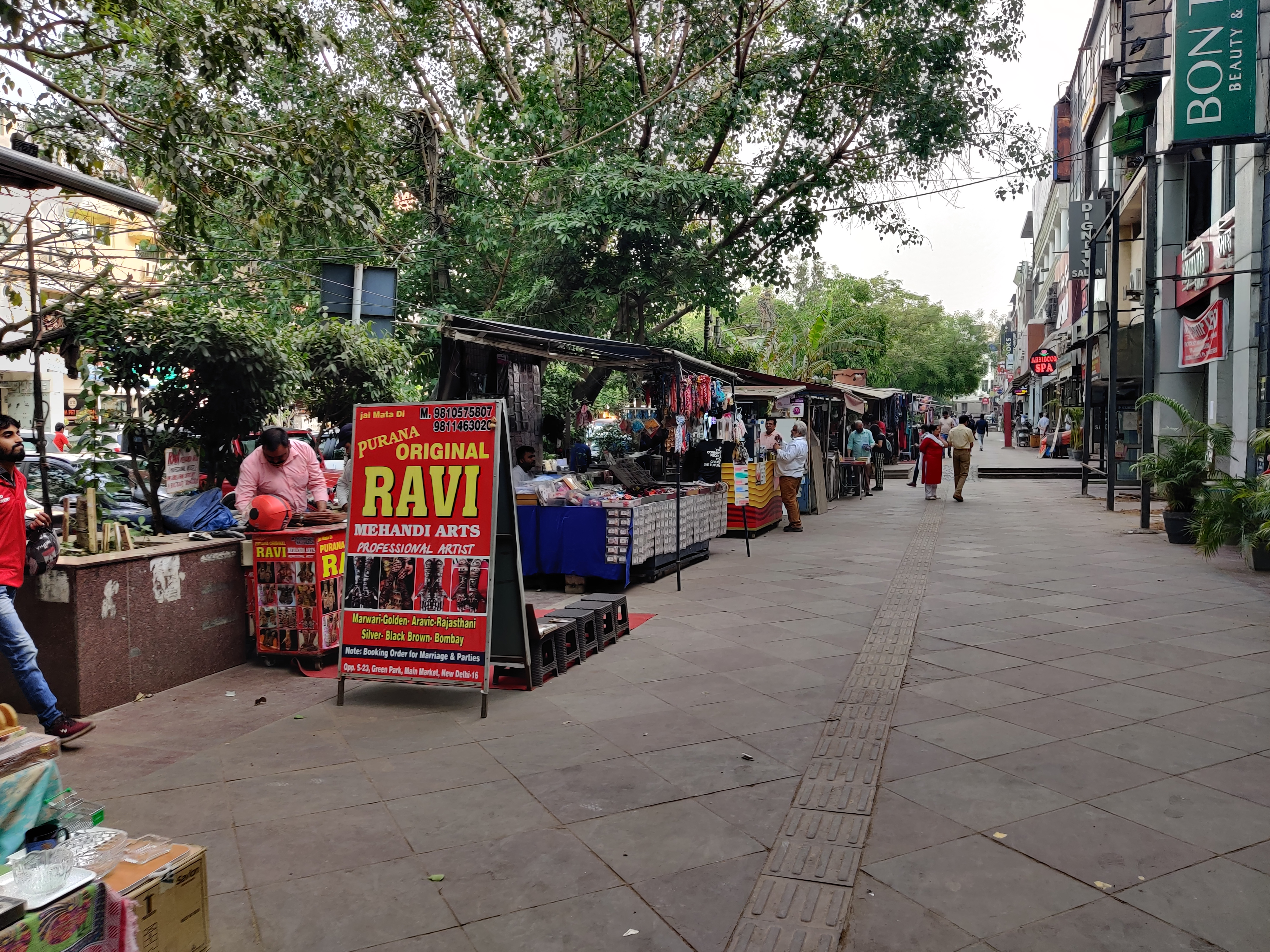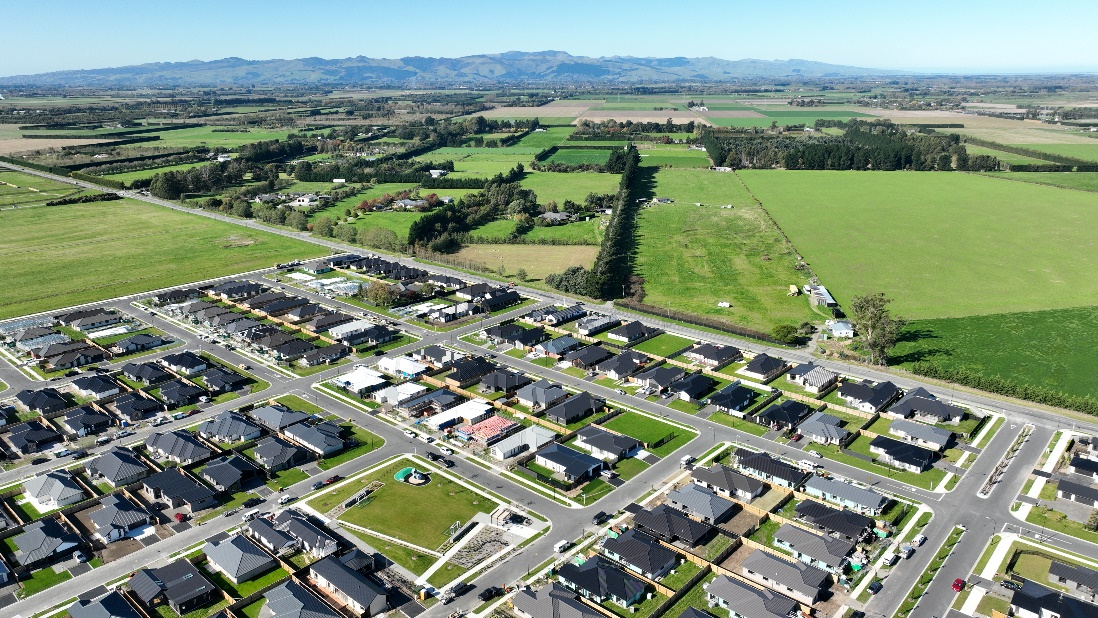Explore City Know-how topics
Topics applied into action
Contribution types help researchers hone writing skills.
Topics assist city makers in developing their vision.
Equitable access of children and seniors to urban green spaces
Access to green spaces and a walkable neighborhood are essential for maintaining good health, particularly for vulnerable populations. Thus, it is imperative to ensure that individuals have the opportunity to reside in neighborhoods that are not only walkable, but also equipped with adequate green spaces conveniently located within a reasonable walking distance.
Calling for sincere communications between the producers and the users of urban places in post-pandemic placemaking
This paper investigates how the project development of Wapping Wharf in Bristol impacted the dwellers’ well-being. It finds that the relationship between urban placemaking and dwellers’ wellbeing is not just constitutive, but also mutually reinforcing.
The demand of hospital users for improved green infrastructure and their willingness to pay
This work unveils the heterogeneous preferences of different hospital users for green infrastructure improvements that could improve their health and wellbeing. Moreover, it shows that distinct motivations determine their demand for spending time outdoors and their willingness to pay for these improvements.
Young people’s views of their local area related to the 20-minute neighborhood policy
Young people are satisfied with many aspects of their local area except for active travel to school and for those living in rural areas. There was strong correlation between living in more crime prone areas and feeling unsafe.
Underlying biology as a tactic to explore relationships between the environment and the brain
The epigenome may provide a necessary link to advance knowledge of the biological pathways underlying the urban environmental impact on cognitive impairment and neurodegenerative disease risk. Broadening understanding of these pathways will help fuel multi-sectoral collaboration with decision makers to advance urban environmental health for human cognitive benefit.
The interface of liveability and resiliency in citymaking
City makers need to stop making cities for ‘normal’ circumstances. Cities are liveable only when they can respond and reflect on and learn from disruptions and consequently adapt and change.City makers, policy makers
Public acceptability of takeaway management zones near schools
Who supports proposals to manage if, when and where new takeaways can open near schools? According to our recent study,over 50% of adults living in Great Britain!
Challenges and paradigms to evaluate the relationship of urban environments with population health
Our study introduces and reviews how the built environment and its relation to population health are assessed in the literature. We did this by identifying methodological shortcomings and research potentials that need to be addressed jointly. Our assessment aims to undertake multiple health issues in an integrated manner, and identify priorities within the city whereby health is a primary goal.
Apartment kitchens need to be better designed to support healthy food practices.
Could streetscape design alleviate anxiety?
We ask whether streetscape design can be used to alleviate anxiety. Let’s understand how we can alleviate anxiety of the people on streets through their daily experiences while walking.
Regenerating small historic villages: Critical issues, strategies and visions for salutogenic hamlets
The study investigates critical issues and strategies for the regeneration and valorisation of small historical villages through interviews with opinion leaders. The debate is strengthened by the analysis of scientific literature and concrete cases in Italy.
Peri-urban landscapes and the potential of integrated foodscapes to support healthy cities
As the global urban population grows, food production and housing are currently ‘competing’ with each other for land on the edges of cities. Both essential urban components, this research supports town planning and urban design professionals to explore alternative peri-urban land use typologies, where food production and housing co-exist for greater urban health and resilience.

